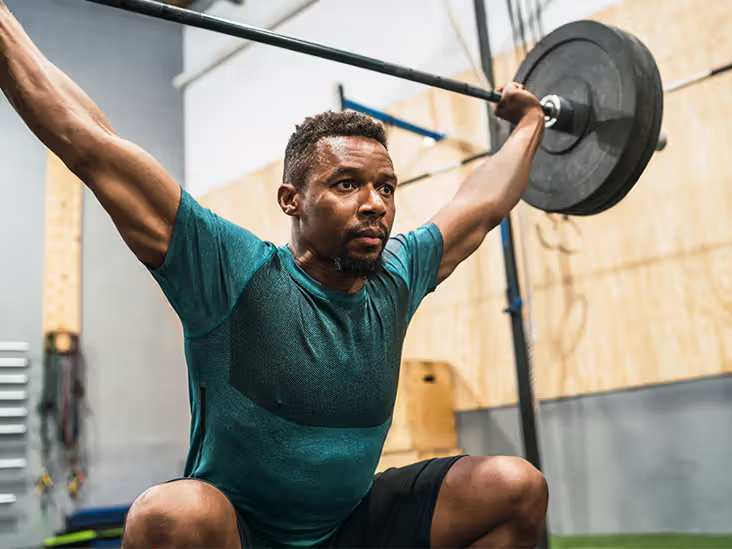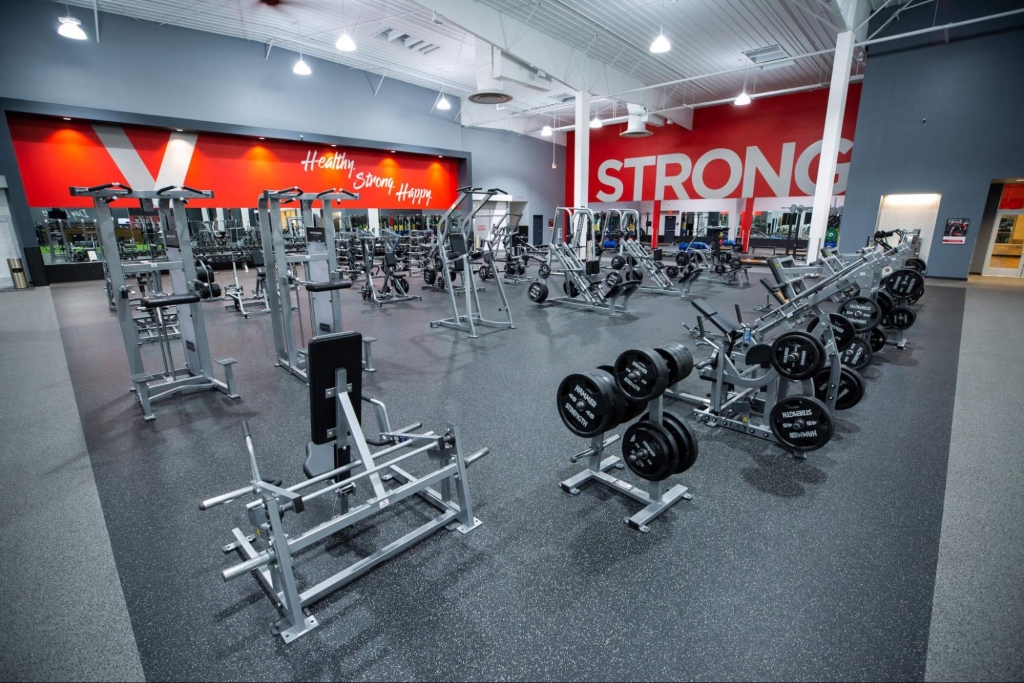When it comes to achieving peak performance in sports, athletes often explore every possible avenue to gain an edge. One such avenue is the use of supplements, which have become increasingly popular in the fitness world. These products promise to enhance strength, endurance, and recovery, but how do they truly impact an athlete’s journey? In this blog post, we’ll dive into the dynamic relationship between supplements and sports, exploring their benefits, risks, and best practices. Understanding this connection is crucial for optimizing health and ensuring safe, effective results. Let’s uncover how supplements can play a role in your athletic pursuits.
Supplements and athletic performance
Man, when I first started hitting the gym seriously, I was skeptical about supplements. But after some research and chatting with fellow athletes at my local gym in Amsterdam, I decided to try a few. Protein powders became my go-to for muscle repair after intense sessions, while creatine gave me that extra push during heavy lifts. Branched-chain amino acids (BCAAs) also helped with energy during long runs. The science backs this up—creatine boosts energy production in muscles, and protein aids growth. Now, I see why so many athletes swear by these in their training regimens. It’s like having a little extra fuel in the tank!
The role of supplements in recovery
Recovery is where I’ve noticed supplements make a huge difference. After a grueling session at a sports center near Utrecht, my muscles used to ache for days. Then I started using electrolytes to rehydrate and omega-3 fatty acids to cut down inflammation. Antioxidants also became part of my routine to fight fatigue. A practical tip? Keep a shaker with electrolyte powder handy post-workout—it’s a game-changer. I’ve even experimented with stuff like calcium akg for overall muscle support. Trust me, prioritizing recovery with the right nutrients means you’re back on the field faster and stronger.
Risks and considerations of supplement use
I’ll be real—supplements aren’t all sunshine and rainbows. I learned this the hard way when I grabbed a cheap pre-workout mix online and ended up with jitters for hours. Some products can have nasty side effects or even health risks if they’re not regulated. That’s why I now stick to trusted sources and double-check labels. Over-reliance is another trap; supplements can’t replace a solid diet of whole foods. Do your homework on quality—don’t just buy anything from a random shop in the city center. Balance is key, or you might end up doing more harm than good.
Supplements for optimal health in sports
Beyond performance, I’ve come to value supplements for overall wellness as an athlete. Vitamins and minerals keep my immune system in check, especially during intense training blocks. I also look into options that support long-term health, like those offered by Purovitalis.com, to ensure I’m covering all bases. Injury prevention is huge too—strong bones and joints are non-negotiable. But here’s the thing: what works for me might not work for you. Chat with a nutritionist to tailor your supplement stack to your needs. Health isn’t one-size-fits-all, especially when you’re pushing your body to the limit in sports.
In the world of sports, supplements can be a powerful tool when used wisely, offering benefits like improved performance, faster recovery, and sustained energy. However, they are not a magic solution and must be paired with proper nutrition, training, and rest. By understanding both the advantages and risks, athletes can make informed decisions to support their goals and health. Always consult with professionals, such as nutritionists or coaches, to tailor supplement use to your unique needs. Ultimately, the key lies in balance—supplements should enhance, not replace, a solid foundation of hard work and healthy living in sports.








Comments